Surveillance effective for childhood cancer predisposition syndrome management
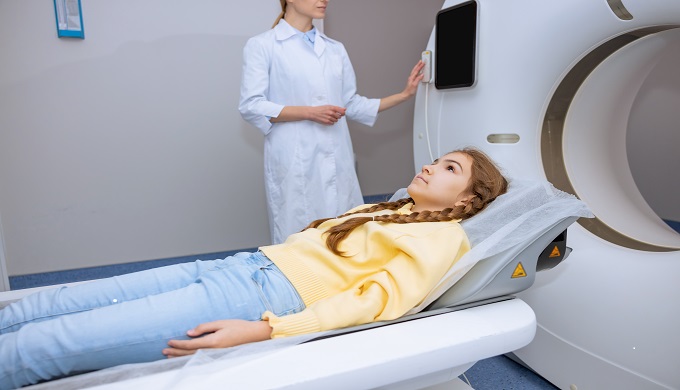
Early detection of tumours in children with a cancer predisposition syndrome can be achieved with standardised surveillance protocols, US cohort study findings demonstrate.
Phoenix Sepsis Score ‘accurate’ for children undergoing cancer treatment

The Phoenix Sepsis Score “accurately” characterises the risk of definitely attributable mortality from sepsis and the duration of intensive care unit stay in children undergoing cancer treatment who have a suspected infection, US researchers report.
Lipoprotein apheresis improves cardiovascular survival in HoFH
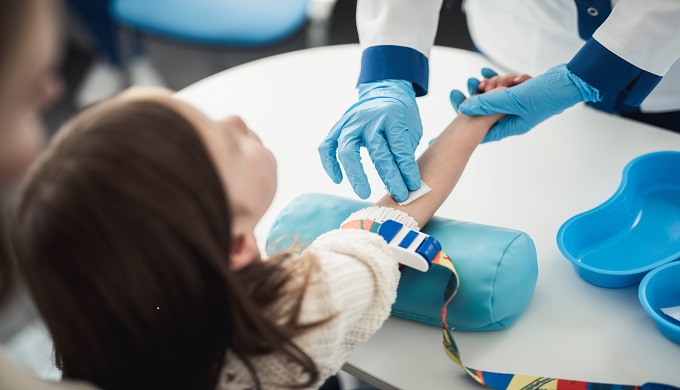
Patients with homozygous familial hypercholesterolaemia who initiate lipoprotein apheresis during childhood and adolescence have a reduced long-term risk for atherosclerotic cardiovascular disease and death, shows follow-up of two international registries.
Pharmacogenomic-guided induction therapy might reduce pediatric AML racial disparities

Using a pharmacogenomic strategy to guide choice of induction therapy for acute myeloid leukaemia might help overcome the disparity in outcomes between Black and White children, suggests research published in JAMA Network Open.
Maralixibat improves itch, bile acid concentrations in paediatric PFIC
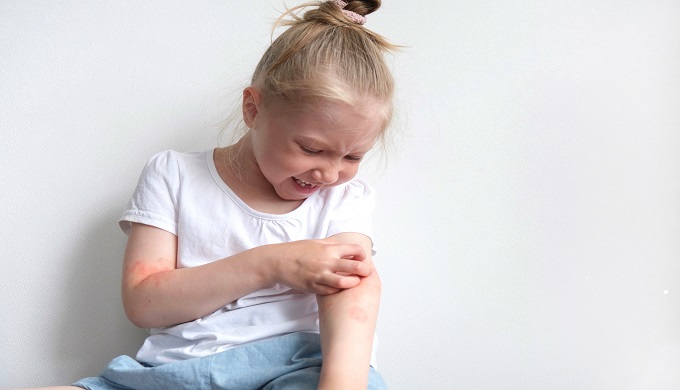
Treatment with the ileal bile acid transporter inhibitor maralixibat relieves morning itch for children with different types of progressive familial intrahepatic cholestasis, show phase 3 study findings published in The Lancet Gastroenterology and Hepatology.
Scoring system devised for stratifying children with suspected Sjögren’s syndrome

Researchers have devised the Florida Scoring System to help clinicians stratify children with suspected Sjögren’s syndrome into three distinct classes, thereby improving diagnosis and disease monitoring.
SMA newborn screening improves functional outcomes
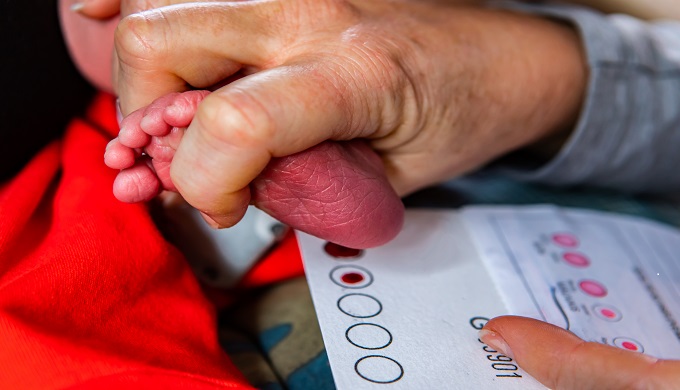
Children diagnosed with spinal muscular atrophy through a newborn screening initiative have better functional outcomes than their peers diagnosed after the development of clinical symptoms, the SMARTCARE study findings show.
‘No substantive increase’ in ASD with prenatal topiramate exposure

Children born to women with epilepsy who take topiramate during the second half of their pregnancy do not have a substantially increased risk of autism spectrum disorder, suggests research published in The New England Journal of Medicine.
Sepsis during paediatric leukaemia therapy linked to long-term neurocognitive dysfunction
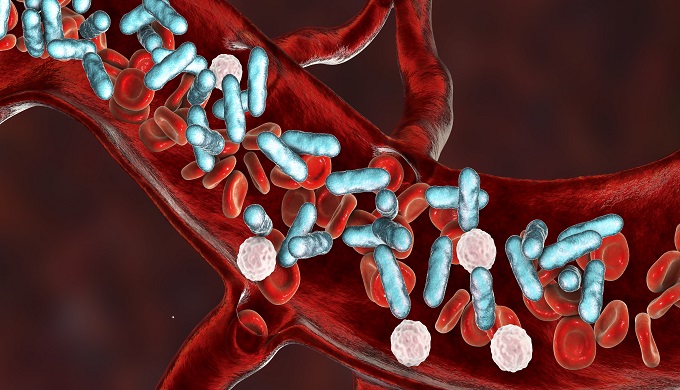
Severe sepsis during treatment for childhood leukaemia may be associated with an increased risk of moderate-to-severe neurocognitive dysfunction in adulthood, US Study findings indicate.
Umbilical hernia repair ‘should be delayed’ until after age 5 years
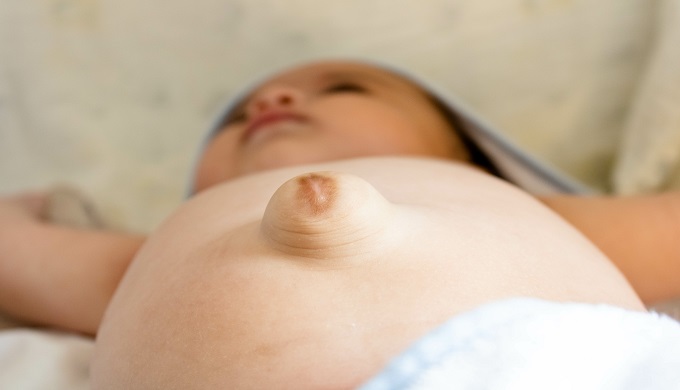
The majority of umbilical hernias close spontaneously regardless of size, US researchers have found.